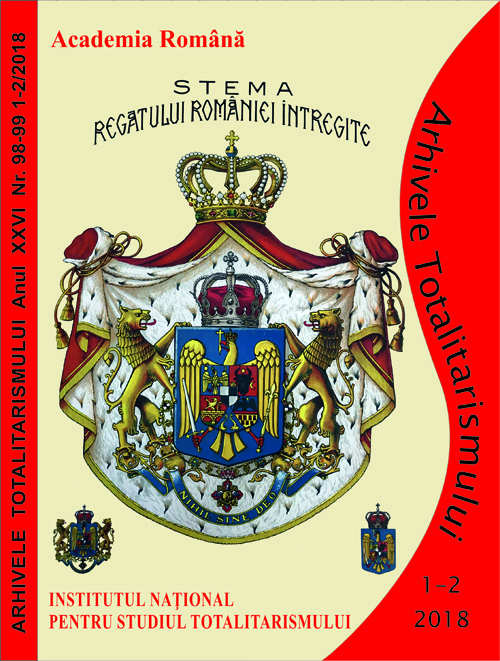Eliminarea elitei sociale rurale. Deschiaburirea satelor regiunii Suceava, 1949-1962
The Suppression of the Rural Social Elite. Dekulakization of the Villages in the Suceava Region, 1949-1962
Author(s): Adrian Constantin RotarSubject(s): History, Recent History (1900 till today), WW II and following years (1940 - 1949), Post-War period (1950 - 1989)
Published by: Institutul National pentru Studiul Totalitarismului
Keywords: Collectivization; kulaks; exploitation; class struggle; deportations;
Summary/Abstract: The communist regime had two main objectives in the rural area: the creation of new collectivist structures and „inciting class struggle”. The two objectives were deeply connected because the establishing of collectivist structures depended upon intense ideological propaganda. According to the communists, class struggle was permanent and the conflict would eventually end with the victory of the exploited over the exploiters. A similar process was implemented in the case of Romanian villages. Wealthy peasants, designated in Communist propaganda as chiaburi (the kulaks) - represented the main obstacle in creating socialism. This study analyzes the methods and means used by the communist authorities to eliminate the most important landowners.
Journal: Arhivele Totalitarismului
- Issue Year: XXVI/2018
- Issue No: 1-2
- Page Range: 147-160
- Page Count: 14
- Language: Romanian
- Content File-PDF

